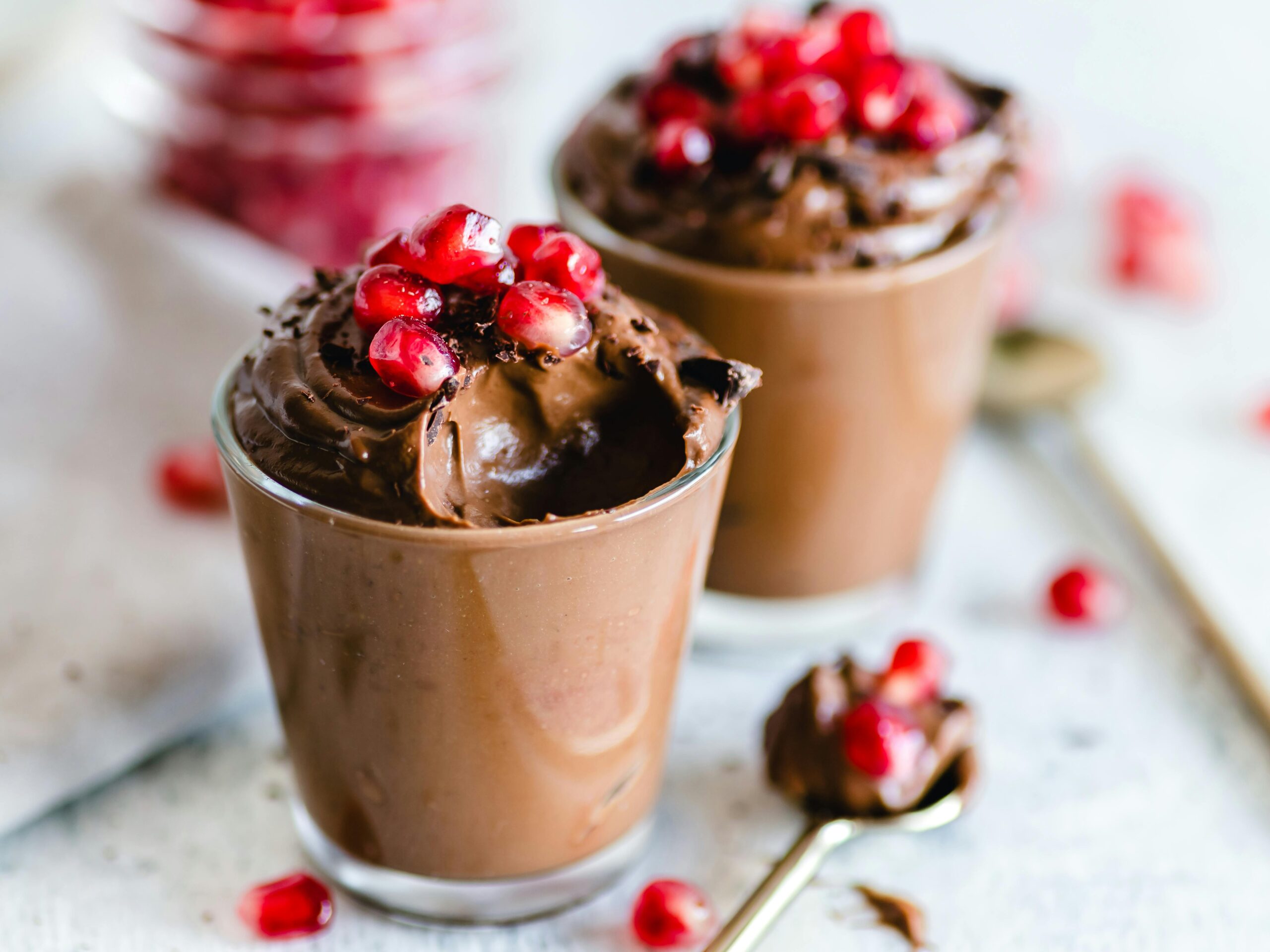A Guide to Nutrition in Drinks: Non-Alcoholic Beverages
Today, we’re diving deep into a topic that often gets overlooked—what’s in our glasses. While we frequently discuss the food on our plates, the beverages we consume can have a significant impact on our health. Whether it’s refreshing water or a frothy latte, understanding how what we sip affects our well-being is essential.
In this post, I’ll explore non-alcoholic drinks, providing insights and guidelines to help you make better choices. In my next post, I’ll be tackling alcoholic beverages from a nutritional perspective, so stay tuned!
Common Questions About Drinks
Here are some common questions I frequently receive regarding beverages and hydration.
How Much Water Should I Drink Daily?
I don’t have a set amount of water that I recommend because the amount of water a person requires varies by the person and even the day for the same person. My advice on gauging your water intake is simple: look at the color of your pee.
- Pale Yellow: Indicates proper hydration.
- Darker Yellow or Amber: A sign you need more fluids.
- Clear: You’re drinking more water than necessary.
What Do You Think About Diet Sodas?
Diet sodas are a nuanced topic, as they come with both potential benefits and concerns. They contain artificial sweeteners like Aspartame or Sucralose, so they tend to taste sweet without the calories or sugar found in regular soda. This can be helpful for those trying to reduce their caloric intake or manage blood sugar levels. However, while diet soda might be better than sugar-laden alternatives, it’s not necessarily a healthy choice in my book. Some research suggests they may affect gut health, appetite regulation, or even contribute to cravings for sweet foods. Additionally, they lack nutritional value, making other options better for overall hydration and health. Sorry to all the Diet Coke advocates reading this. I know there are worse habits, but I can’t promote drinking Diet Coke on a daily basis.
Is Drinking 100% Juice Okay?
My main concern is even though these juices contain natural sugars, the sugars are present in high concentrations without the fiber found in whole fruits. When fruit is juiced, much of the fiber is removed, which is important for slowing sugar absorption and helping to maintain stable blood sugar levels. Also, the calorie content in juice can add up quickly without providing a feeling of fullness. While 100% juice does contain vitamins and antioxidants, it’s generally better to eat whole fruits for the full spectrum of nutrients and fiber. I suggest treating juice as an occasional beverage rather than a daily staple.
Is My Coffee Addiction a Problem?
Whether you are willing to call it an "addiction" or not, many Americans enjoy a hot cup of Joe every morning. The nutritional assessment of this habit depends on what you put in your coffee. If you drink simple black coffee you'll be just fine. Coffee is rich in antioxidants, boosts metabolism, and may enhance brain function. If you go to Starbucks and order a grande Pumpkin Spiced Latte with 2% milk, whipped cream, 4 pumpkin sauce pumps (standard amount), well that's 390 calories, 50g of sugar and 14g of fat. I wouldn't recommend you view this drink as anything but a dessert. If you're somewhere in between those two—maybe a regular coffee with a splash of milk and sugar—you can enjoy it knowing you are not significantly impacting your overall health.
General Guidelines for Drinks
My general guideline for drinks is this: find drinks that offer hydration and nutritional benefits without excessive sugar or empty calories. What drinks offer this?
- Water - Duh. If you find yourself struggling with liking water, before you give up on it, I would try it at different temperatures (i.e. cold vs room temperature), and I would try to drink it in a variety of glasses/cups/straws. I prefer ice cold water from a silicon straw. If I had to drink room temperature water out of a glass all day long, I wouldn’t be able to drink much. And I must not be alone in the preference of using a straw because those Stanley cups are selling well.
- Infused water - To flavor water, you can add slices of fresh fruit and/or veggies. These are common in pitchers at hotel lobbies, conferences, and parties. I love these, but they do require some prep.
- Herbal tea - Examples include chamomile, peppermint, ginger, and hibiscus. They are caffeine-free and provide hydration with added antioxidant and anti-inflammatory properties. You can drink them warm or cold with ice.
- Smoothies - They almost have to be homemade to make this list of drinks I recommend. Use unsweetened almond milk, water, and/or low-fat yogurt as a liquid base, add fruits, veggies, and/or healthy fats. You can control the sugar and fiber content by using fresh ingredients.
- Low fat milk - If you are an adult milk drinker, a glass of low fat milk can be a part of a healthy diet. The benefits are it contains protein, calcium, and vitamins such as B12 and D.
- Probiotic drinks - I personally have not found any that I like, but if you do enjoy these, I would okay a fermented drink rich in probiotics. I would opt for unsweetened versions to avoid excess sugars.
Summary of Key Points
- Hydration is vital for overall health, and water should be your go-to drink.
- Opt for whole fruits over fruit juices and limit the intake of diet sodas.
- Explore a variety of drinks, from infused water to smoothies, for both hydration and nutrition.
Thanks for reading! I invite you to subscribe to my newsletter for more tips and insights, and don’t forget to check out additional resources on my website.
If you’re interested in personalized one-on-one nutrition guidance, feel free to reach out to me at kelsey@finessenutrition.net.
Tags:




